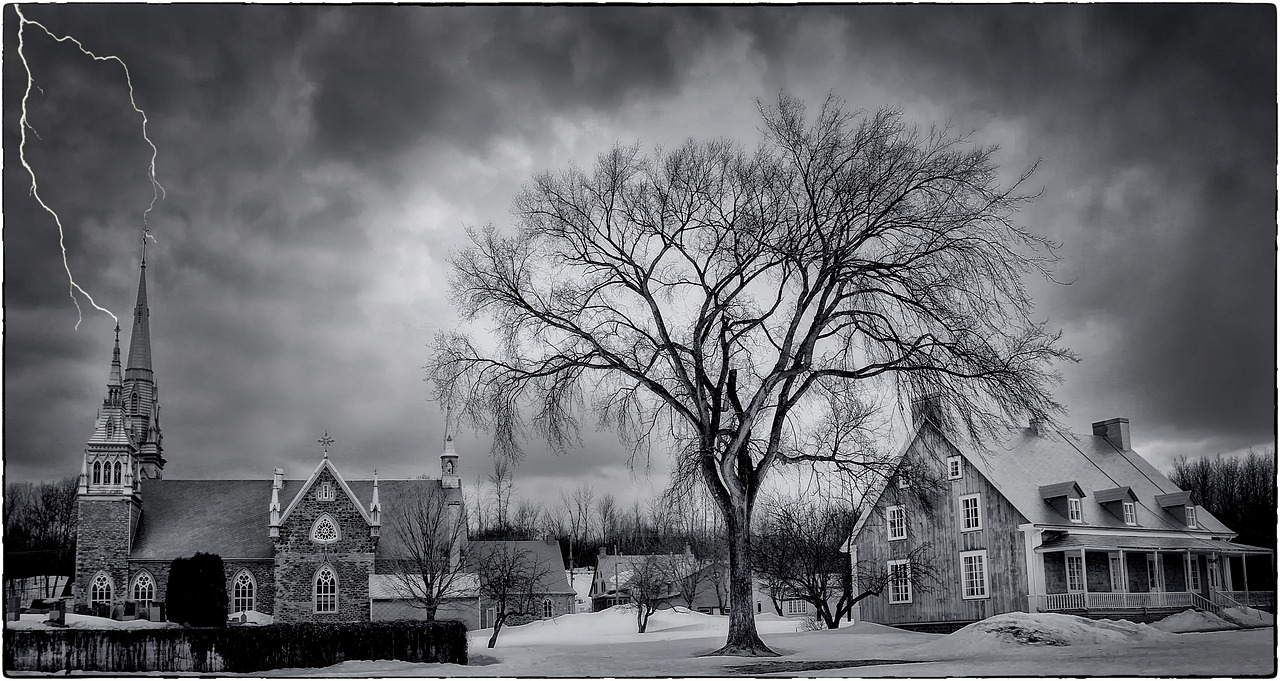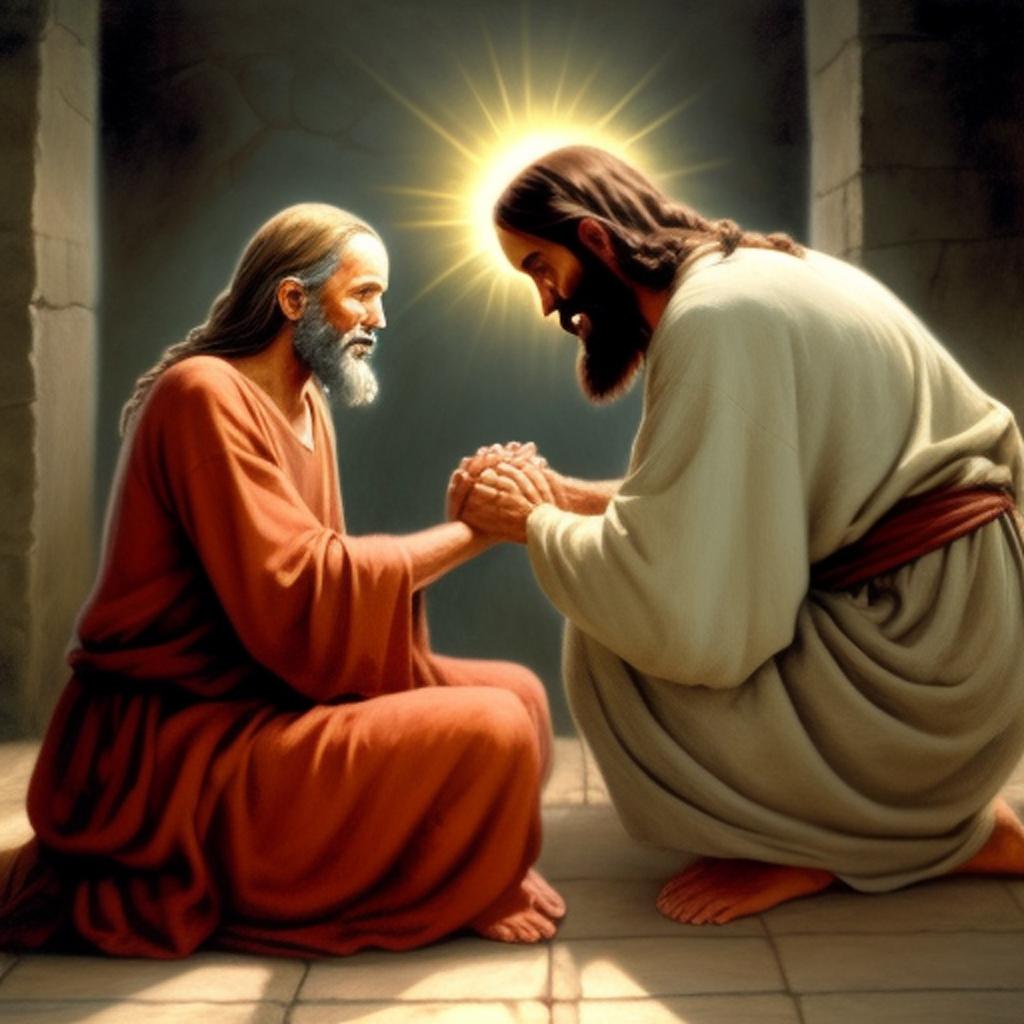Jeremiah 47: Echoes of Fury, Whispers of Wrath – Facing Philistia’s Downfall and God’s Ire
Chapter 47 of Jeremiah plunges us into the maelstrom of divine wrath, swirling around the once-proud nation of Philistia. It paints a chilling portrait of impending devastation, fueled by years of defiance and animosity towards God and his chosen people. Yet, amidst the echoes of fury, whispers of divine justice resound, offering a glimpse into the consequences of rebellion and the enduring power of God’s will. This chapter, resonating with echoes of future judgments and biblical battles, invites us to contemplate the consequences of sin, the inevitability of retribution, and the ultimate triumph of God’s righteous purpose.
Echoes of Fury: A Tapestry of Enmity and Defiance
The narrative opens with a swift, unforgiving pronouncement. The “word of the Lord” descends upon Jeremiah, aimed directly at “Philistia, before Pharaoh Necho king of Egypt smote Gaza” (Jeremiah 47:1). Philistia, a longtime rival of Judah and Israel, stands as a symbol of opposition and hostility towards God. Throughout history, they have engaged in raids, plunder, and oppression, earning themselves the wrath of the divine. This portrayal echoes the themes of conflict and judgment seen in other biblical narratives, reminding us of the consequences of choosing enmity over alignment with God’s will.
Whispers of Wrath: Forebodings of Devastation
Jeremiah, transformed into a conduit of divine justice, unleashes a torrent of pronouncements depicting Philistia’s imminent downfall. He uses vivid imagery, describing “floods rising from the north…overflowing the land and all that is in it…the city and those who dwell within” (Jeremiah 47:2). He speaks of wails echoing from every door, the clatter of chariots and wheels announcing the arrival of calamity. This graphic portrayal, reminiscent of other biblical pronouncements of judgment, serves as a stark reminder of the consequences of persistent rebellion and defiance.
A Tapestry of Devastation: Echoes of Future Battles
The chapter unfolds like a terrifying battle scene. Jeremiah describes horses “rushing furiously,” warriors falling “pierced through and through,” and cities turning into “desolate mounds” (Jeremiah 47:3,5,6). These vivid details resonate with accounts of future battles and conflicts throughout history, underscoring the destructive power of war and the fragility of human power in the face of divine judgment. #Jeremiah47, #DivineWrath, #Philistia, #ConsequencesofDefiance, #DivineJustice, #Repentance, #Restoration, #RecognitionofDivineAuthority, #LessonsfromDevastation, #PathofRighteousness, #HopeinAshes, #BiblicalBattles, #FutureJudgments, #LessonsinHistory
Facing the Wrath: Recognizing Divine Authority
Through Jeremiah’s pronouncements, God challenges Philistia and all who defy him to acknowledge their true place in the cosmic order. Their years of hostility and disregard for God’s chosen people have come to a reckoning. This message holds relevance beyond Philistia, serving as a call for all individuals and nations to recognize their dependence on God and seek his guidance in their actions.
Lessons from the Devastation: Navigating the Path of Righteousness
Chapter 47 of Jeremiah offers a powerful tapestry of lessons, prompting us to ponder:
- The destructive consequences of sin and defiance against God’s will.
- The inevitability of divine judgment for those who persist in wickedness.
- The importance of recognizing our limitations and seeking God’s guidance in our actions.
- The potential for repentance and change even in the face of impending judgment.
Beyond the Devastation: Glimmers of Hope in the Ashes
While the chapter concludes with a bleak picture of Philistia’s devastation, it does not leave us in complete despair. The pronouncement of judgment on Philistia is followed by a brief mention of Edom and Moab, both nations destined for similar reckoning but potentially open to repentance and restoration (Jeremiah 48,49). This subtle hint offers a glimmer of hope, suggesting that even in the midst of wrath, God extends the possibility of forgiveness and renewal to those who turn to him in genuine repentance.
Themes to Ponder:
- The consequences of choosing defiance over alignment with God’s will.
- The inevitability of divine justice and the power of repentance.
- The importance of recognizing our limitations and seeking God’s guidance.
- The potential for restoration and renewal even in the face of judgment.
Further Exploration:
- Comparing and contrasting the theme of judgment in Jeremiah 47 with other biblical narratives, such as the destruction of Sodom and Gomorrah or the Babylonian exile.
- Examining how the lessons learned from this chapter can be applied to our own lives when faced with personal struggles and temptations to stray from God’s path.
- Reflecting on how Jesus’s message of forgiveness and redemption offers hope and guidance even in the midst of personal failings and societal conflicts.
By engaging with the complex themes of Jeremiah 47 and exploring its connections to other biblical narratives and our own lived experiences, we can gain a deeper understanding of the nature



